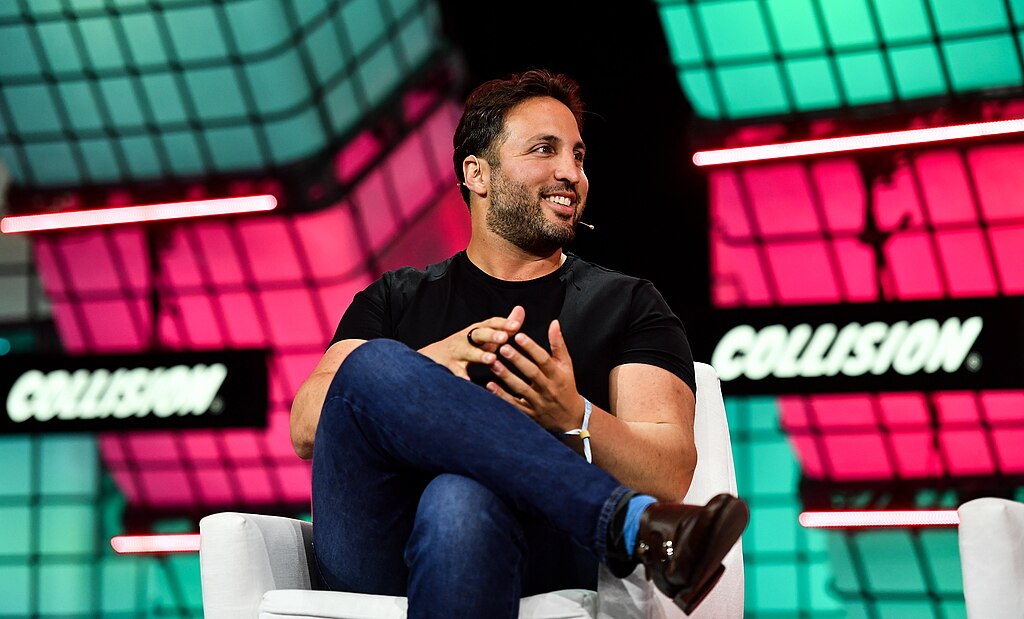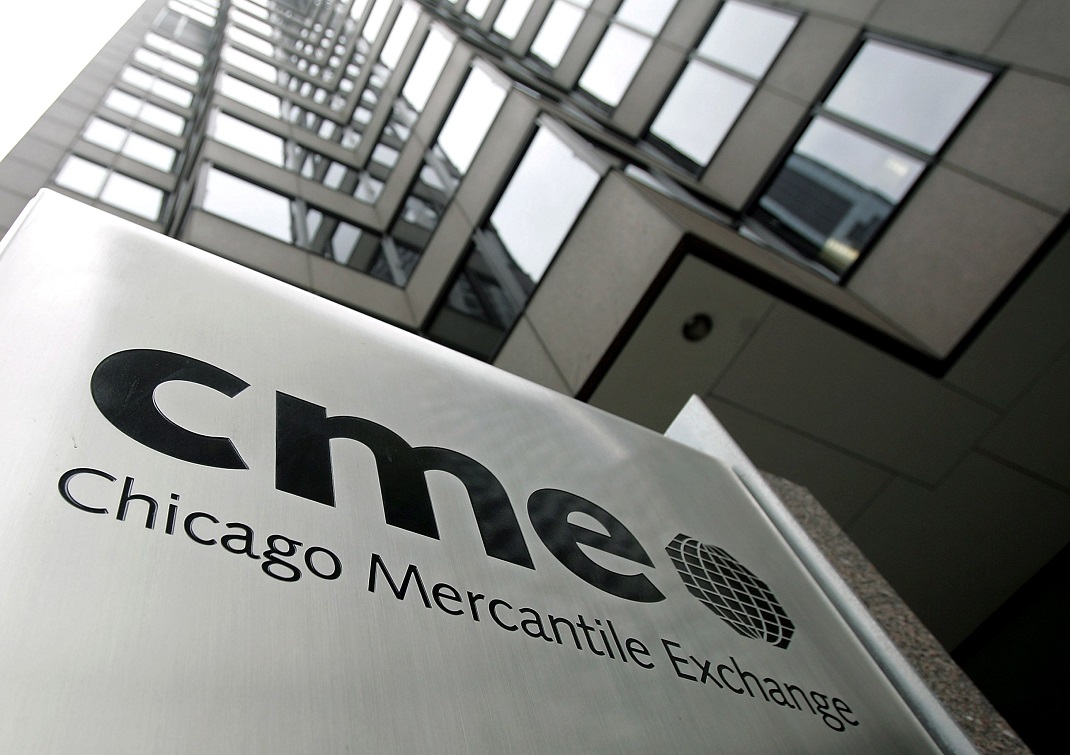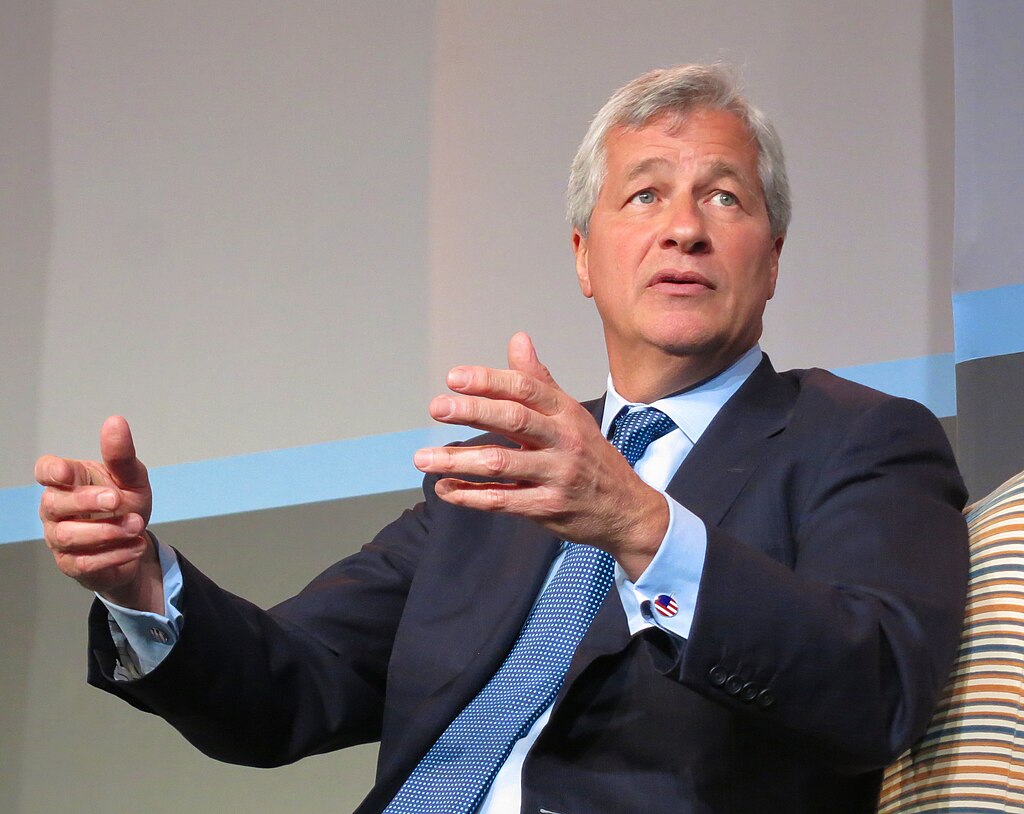Michael Saylor, CEO of MicroStrategy, has stirred the crypto world by revealing credible rumors that major US banks may soon provide Bitcoin custody services, potentially revolutionizing the intersection of traditional finance and digital assets.
Michael Saylor, CEO of MicroStrategy, has revealed that large US banks would soon be able to hold Bitcoin in custody.
MicroStrategy's Michael Saylor Drops Bitcoin Custody Rumor
"Credible rumors are circulating that one or more major banks in the US will soon be able to custody Bitcoin," stated Saylor.
Saylor spread the word when BNY, a multinational financial services firm, got a waiver from the SEC's contentious SAB 121 rule. At a meeting of the Wyoming Select Committee on Blockchain Innovation, the announcement was made.
SEC Faces Pushback From Crypto Supporters
Banking institutions are required to include custodial digital assets in their own balance sheets under the SAB 121 rule, which has faced strong opposition from the cryptocurrency industry.
Representative Ritchie Torres (NY-15) and others who support cryptocurrency say the regulations limit innovation and go against basic accounting concepts. During a recent congressional session, Torres stated, "The SEC is effectively ordering companies not to experiment with blockchain technology."
Bitcoin Custody Rules Divide Lawmakers and Regulators
Crypto proponents claim that the rule's sole purpose is to prevent large regulated financial institutions from offering financial custody services, as reported by U.Today.
On the other hand, a series of high-profile crypto bankruptcies were used by SEC Chair Gary Gensler to justify the stance. The measure has also been supported by certain lawmakers who are against crypto.
Strong Lobby Efforts to Change SEC Guidance
In an effort to circumvent the contentious SEC guidance, the cryptocurrency lobby was making a strong showing. May saw a vote in the Senate to repeal the contentious regulation. According to Saylor, this is why the United States "wants Bitcoin." Obviously, this wasn't enough to remove the clause.
Whether or not the courts will ultimately overturn the rule is an open question.


























Comment 0